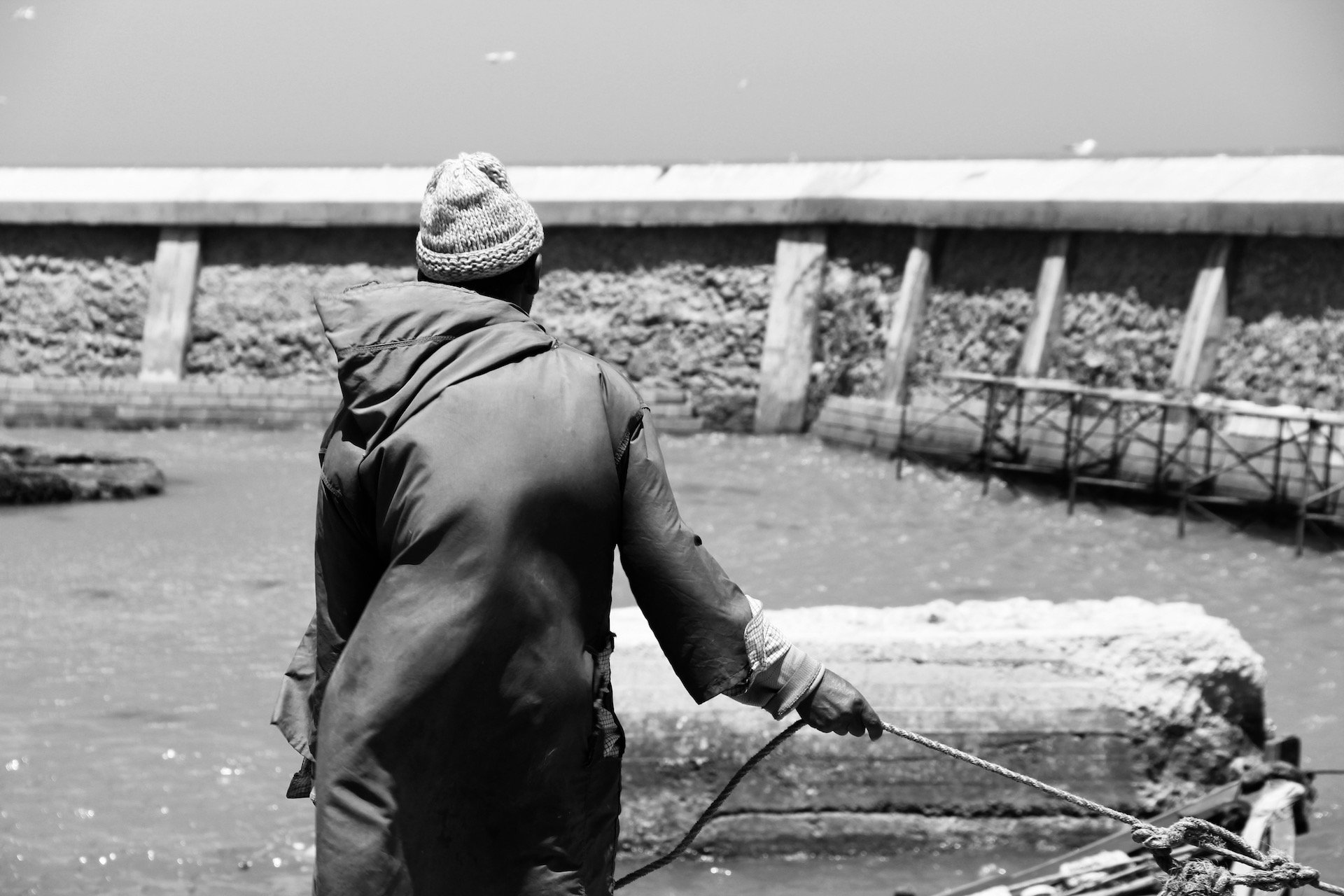Let's travel back in time to 1997. Bill Clinton begins his second presidential term, Dolly the sheep becomes the first mammal to be cloned, the United Kingdom returns Hong Kong's sovereignty to China, and Lady Diana tragically dies under the Alma Bridge. The Schengen Agreement comes into force for Italy, Dario Fo is awarded the Nobel Prize for Literature, and on a cold, snowy day, I cross the Italian border for the first time.
1997 is undeniably a year of change, marking what, to quote Kerouac, is the beginning of my life on the road. Since then, cars, buses, trains, and airplanes have guided me to explore distant cultures, languages, and parallel realities separated only by time and geography.
From the moment I discovered "the other" and "the beyond," my life has been defined by three cornerstones: Departures, Wanderings, and Returns. Before my trip to Austria, I was simply Massimiliano, the son of Angela and Gianni. But afterward, I became the Finn, the Irishman, the drifter, "le Rital." I became Max, Massi, Mass, MassimoMilano, and all imaginable variations of my name. I have become the people I've met, the languages I speak, the places I've visited, and the dishes I've tasted. Today, I consider myself a displaced individual, an ordinary product of this chaos, which is the only space where I can truly live.
In Ancient Greece, the metics (métoikos) were foreign residents of city-states who didn’t have citizen rights. They occupied an intermediate position between visiting foreigners and citizens. The majority of them migrated from nearby cities looking for better economic opportunities or to escape persecution.
Several centuries later, In France, the word “metic”, in French "métèque", was recovered as a pejorative term to designate immigrants. Nonetheless, the Greek-French singer Georges Moustaki wrote the song Le Métèque to define himself:
“Avec ma gueule de métèque. De juif errant. De pâtre grec”
Moustaki reverses the meaning of the word “métèque”, he removes every negative connotation and talks about himself with the terms used by xenophobic people to label immigrants.
I’d like to keep polishing the term “metic” and use it in a neutral way to talk about the foreigners, the wanderers, the migrants, those who are far from home, me.
Nowadays, voluntary or unavoidable migration flows involve every social stratum, displacing an increasing number of people for indefinite periods of time. This pilgrimage turns the individual consciousness into a pendulum that swings between feelings of belonging and separation, between states of freedom and dependence, making wayfarers Metics in this world.
